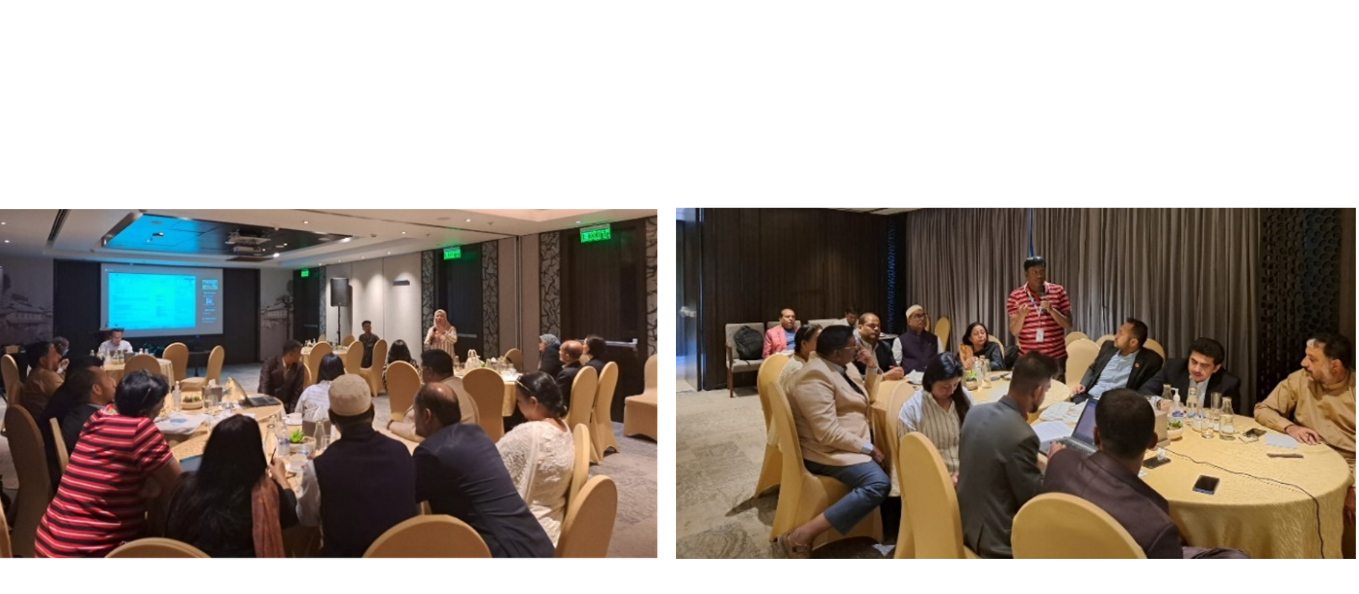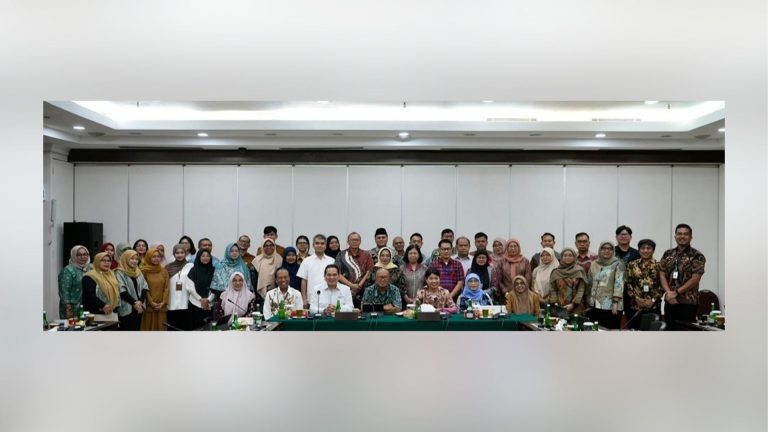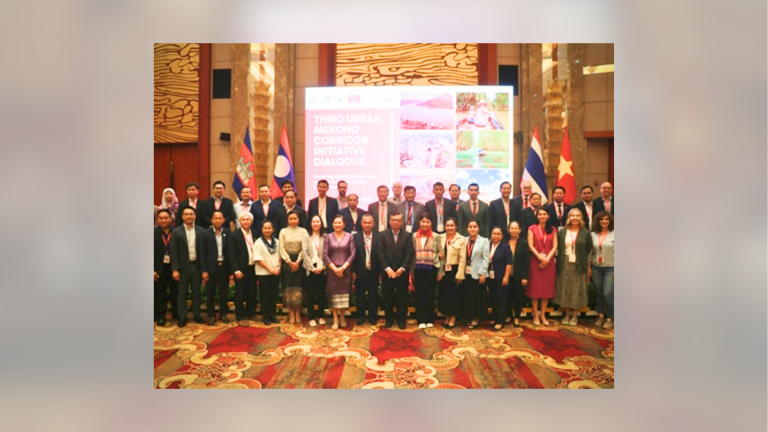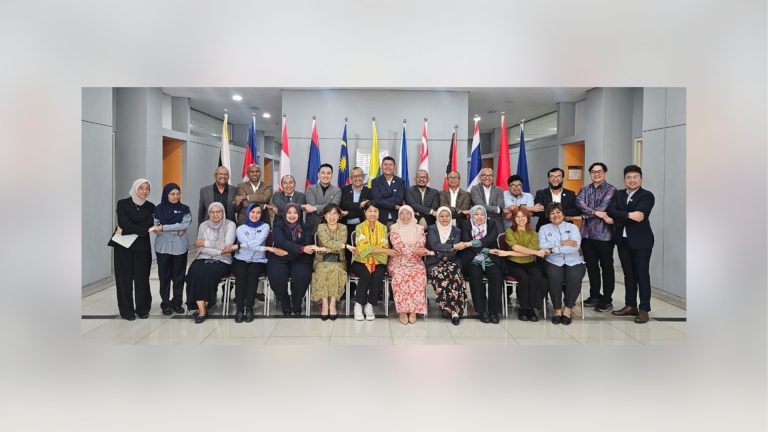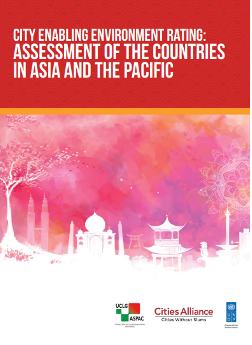
UCLG ASPAC is conducting the new stage of the City Enabling Environment (CEE) rating assessment in 2023. It has two-fold, one a region-wide CEE rating update for all 28 countries and a CEE expansion with a specific focus on Criterion 11, with support from the Urban-ACT project funded by Die Internationale Klimaschutzinitiative or the International Climate Initiative (IKI) Programme from the Ministry of Economic and Climate Change Germany (BMWK) in collaboration with the United Nations Economic and Social Commission for Asia and the Pacific (UNESCAP), GIZ Bangkok. CEE rating assessment is an attempt to understand which “enablers” and “actors” underpin the transformation of 21st-century cities and thereby attenuate, drive, or shape the human, social and environmental challenges playing out in cities today.
In 2018, the City Enabling Environment Rating: Assessment of the Countries in Asia and the Pacific, released by UCLG ASPAC and Cities Alliance (displaying the enabling environment rating of 28 countries of Asia Pacific), shows that Criteria 11 (“environmental and climate change governance”) was moderately performing well and can be improved to allow for better climate actions, although it may also be contingent on other least-performing criteria, such as the “urban strategy,” “financial transfers from central to local government,” and “local democracy.” In the new stage of CEE rating assessment 2023, Criteria 11 is framed as “Environmental and Climate Change and Governance,”enhanced by new sub-criteria while retaining its original four-point rating scale.
The new assessment will set the foundation for the Urban Act Project goal, enabling conditions for planning and implementation of evidence-based and inclusive urban climate actions in line with the Sustainable Development Goals (SDGs) and enhanced Nationally Determined Contributions (NDC) in the Urban-Act partner countries. UCLG ASPAC has started the process.
CEE Rating Expert Group Discussion in conjunction with Asia Pacific Forum on Sustainable Development (APFSD)

March 31, 2023 | Bangkok – As part of the CEE Criteria 11 update for climate actions, the Expert Group Discussion/Meeting (EGM) on CEE Rating as part of the Urban-ACT Project implementation was held on March 31, 2023, at the UN Conference Building Bangkok. Seven experts shared insights regarding climate change issues in the region that shed light on the eventual sub-criteria and indicators of Criteria 11 for climate actions.
The meeting also involved partners from various institutions, such as UN Agencies, development institutions, and local governments associations (UNDRR, UNDP, UNCDF, UNHABITAT, UNFCCC, GIZ, ADB, APEKSI, and AIILSG) with relevant knowledge and experiences on the issue of urban climate change to reflect on and discuss options available for the CEE Criteria 11 updates on climate action.The EGM highlighted that potential legal, regulation, and policy setup; governance, participation, and science-policy support; bureaucracy and human capital development; climate financing; and social participation and digitalisation are potential sub-criteria for CEE Criteria 11 to become a more rigorous lens for navigating enabling environment for better climate actions by local governments in Asia Pacific. Once finalised, the updated version of CEE Criteria 11 will be measured in five countries recipient of the Urban-ACT Project: China, India, Indonesia, Thailand, and The Philippines in 2023.
CEE Rating Expert Group Discussion in conjunction with Asia Pacific Forum on Sustainable Development (APFSD)
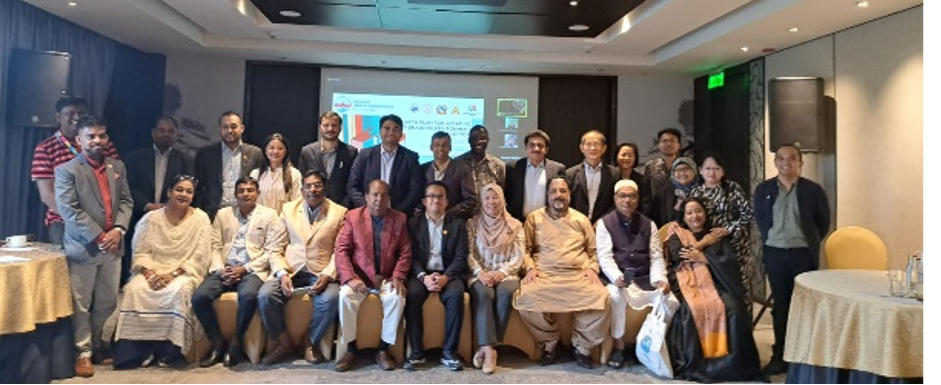
April 12, 2023 | Kathmandu – In the First Session of the 2023 UCLG ASPAC Executive Bureau, the Plenary Session on Inter-Municipal Cooperation for Resilient and Sustainable Cities was organised. It discussed the City Enabling Environment for Resilient and Sustainable Cities in response to the presentation on CEE Ratings in Africa delivered by the Director of Operations and Technical Assistance of UCLG Africa Dr. Francois Paul Yatta, and the presentation on CEE Ratings in Asia Pacific and CEE Rating in Asia Pacific for 2023 by the Assistant Professor at Graduate School of International Cooperation Studies, Kobe University, Mr Mizan Bisri, PhD. Representing the Central Government, Mr. Sushil Gyawali (National Planning Commission of Nepal) commented in response to the presentations on the CEE Rating.
The CEE Rating Workshop and Focus Group Discussion session were also held to cover updated information regarding the Update of the CEE Rating assessment for Asia and the Pacific in 2023 and the newest CEE Rating Indicator number 11 on Environment and Climate Governance, and to coordinate with cities and local government associations (LGAs) regarding the data collecting process for CEE Rating 2023 in Asia and the Pacific. The session discussed and elaborated on the Country Assessment Process (the general CCE Rating and CEE Rating specific on Criteria 11), the role and responsibility of LGAs in the CEE Rating Assessment, and provided understanding related to the renewal of evidence-based data validation process which the CEE Experts facilitated. The session also facilitated opinions and input from the city and LGAs regarding the data collection process to their views on the CEE Rating. The session concluded with the group presentation of the country assessment process in each region.








